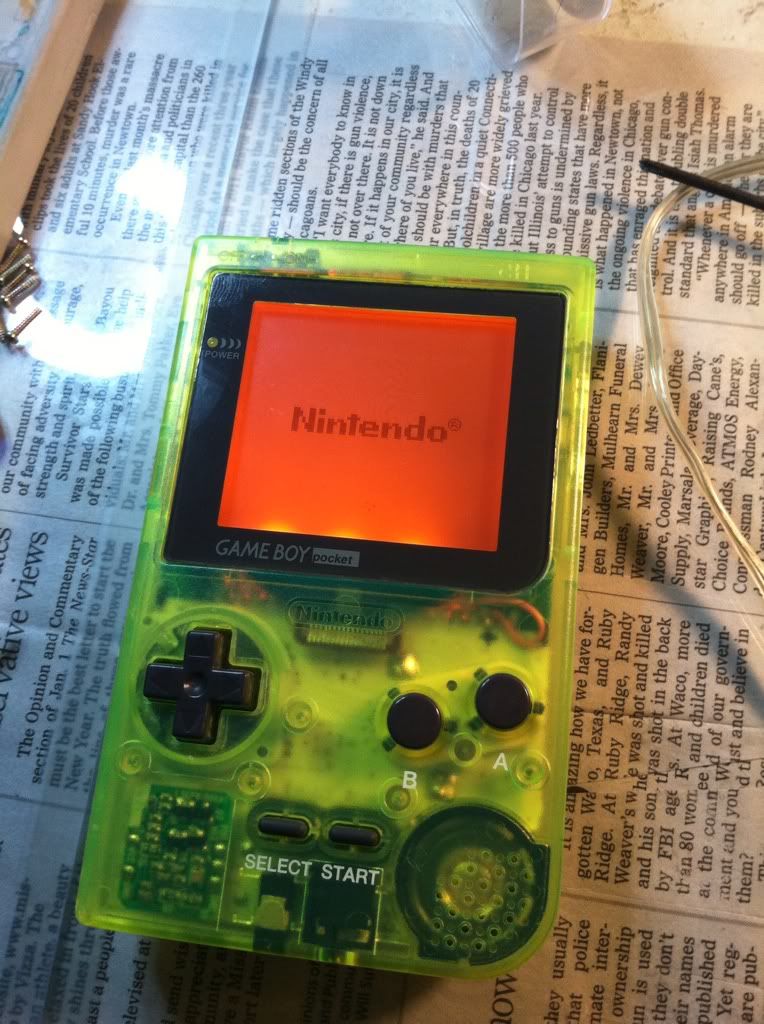In my very limited experience with hardware I have found that devices with parts soldered directly to the main PCB have trouble operating when they are distanced too far. It could be a matter of carrying the signal, the wires not being sheilded and there being some sort of interference, and sometimes tiny wires short out due to bending. These all can happen with larger gauges too I suppose, but I guess someone could explain this better than me.
It's stuff like this which is why video cables like VGA and HDMI can be only so long before you have to use a signal repeater, I think. Signal loses integrity after a while. I think that a larger gauge of wire might be a better carrier since repeating isn't an option. Perhaps a more skilled electronics guy than myself can lend a voice?
There are many variables which we do not take into account when we just "short two points" of a circuit, but in this case it's not just a circuit. If you add wire of a certain length, other phenomena appear, like attenuation, impedances adaptation... Any of these things could add problems.

